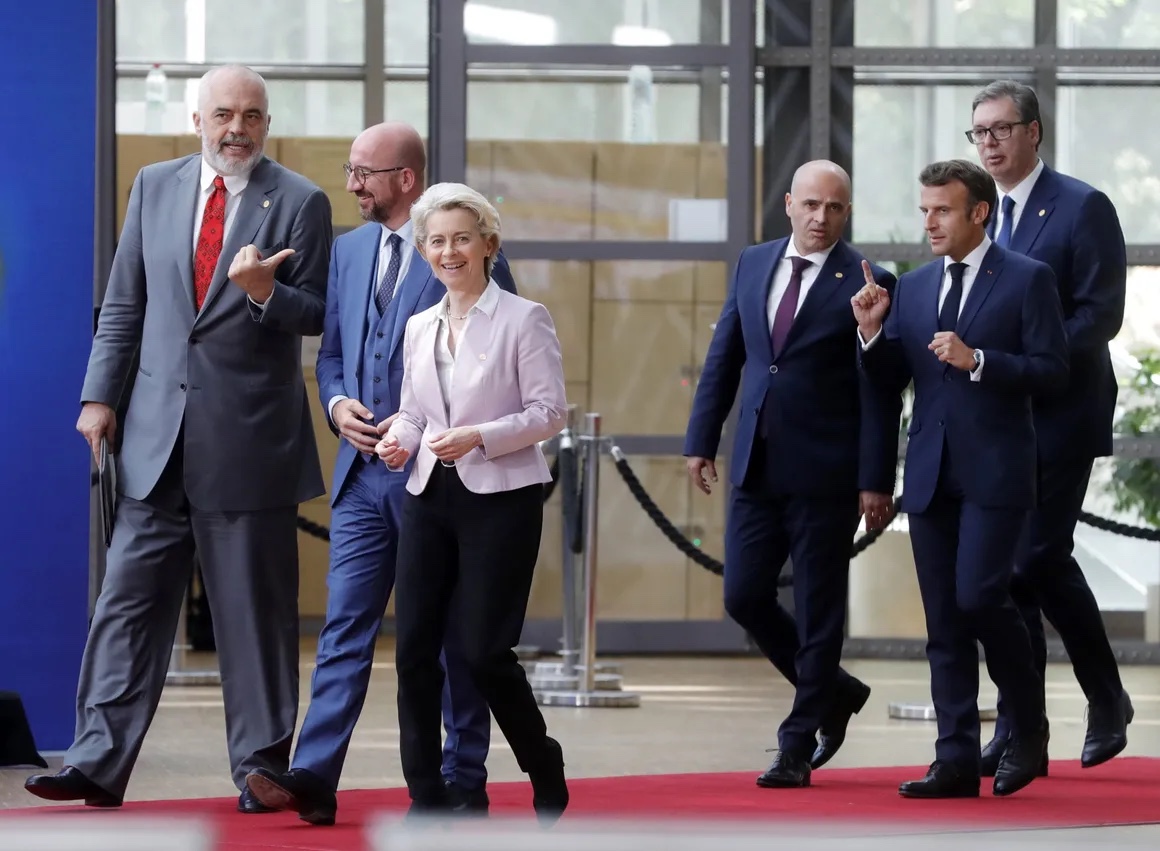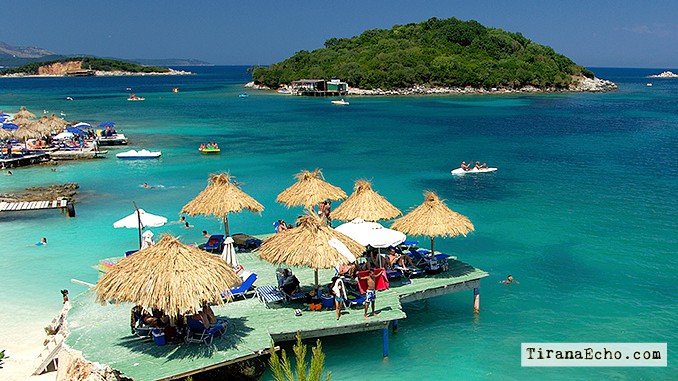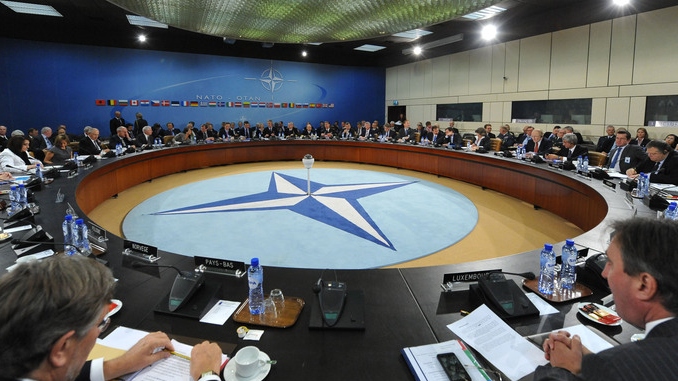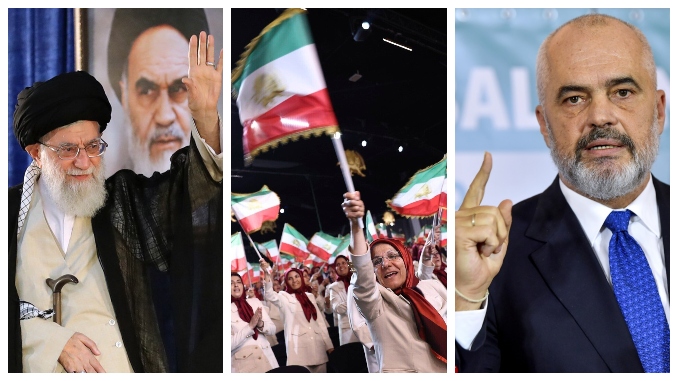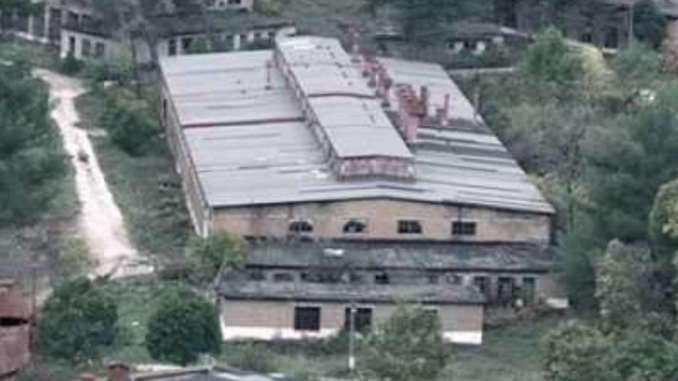Informal Power: The Men behind the Curtains – Freedom House
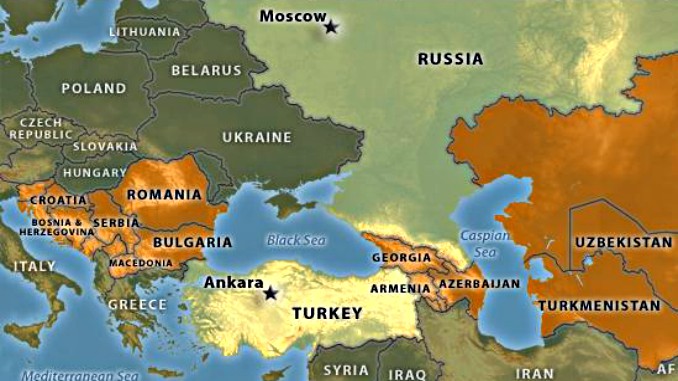
In many countries across the Nations in Transit region, the most important political figure either holds no elected office or rules from a post vastly inferior to his real status. Informal power undermines institutions that are meant to clarify the authorities and obligations of those who run the state. It places real decision-making beyond the reach of voters, journalists, and the law itself.
Informal power takes different forms in different settings. Many countries have powerful business magnates or security service chiefs who exercise an outsized influence on politics. But the following eight countries all feature especially prominent individuals with informal power that far outstrips their mandates:
- In Poland, the chairman of the ruling Law and Justice (PiS) party, Jarosław Kaczyński, officially acts as a mere member of parliament, chairing no committees and wielding no special authority. But his actual dominance is so widely known that there is a popular comedy series, The Chairman’s Ear, about the political suitors who visit his office.
- In Serbia last year, Aleksandar Vučić undermined institutions by performing the maneuver—known by the chess term “castling”—that was made infamous by Vladimir Putin, who has repeatedly switched between the premiership and the presidency in Russia. In Serbia’sparliamentary system, the prime minister is the more powerful executive authority. But after becoming president, Vučić hand-picked his own successor as prime minister and continues to run the country’s daily affairs from the president’s office in defiance of the constitution.
- In Montenegro, Milo Đukanović was either prime minister or president from 1991 to 2016, interrupted only by two short “retirements.” He last left the post of prime minister after his Democratic Party of Socialists (DPS) won the 2016 general elections, in a concession to the opposition, but he is widely believed to be the force behind the throne of his close DPS ally and current prime minister Duško Marković.

- In Moldova, the oligarch Vladimir Plahotniuc is so unpopular that protesters stormed the parliament in January 2016 to stop one of his proxies from becoming prime minister. Plahotniuc himself acts as chair of the Moldovan Democratic Party (PDM), which combined with his private wealth and media holdings enables him to direct not only his party, but also a large part of the opposition.
- In Romania, Social Democratic Party (PSD) leader Liviu Dragnea has installed his third candidate as prime minister in a year; the new appointee, Viorica Dăncilă, has little experience but comes from the same region, Teleorman, as Dragnea. The PSD leader cannot hold the position himself due to a previous conviction related to corruption, though his party has been working hard on relaxing anticorruption laws and undermining their enforcement since it returned to power at the end of 2016.
- In Georgia, billionaire Bidzina Ivanishvili stepped down as prime minister after one year in 2013, but he retains control over the ruling Georgian Dream party, which features employees of his companies in its highest ranks. Ivanishvili’s political vendettas and development plans for the capital Tbilisi continue to loom over Georgian politics.

- In Kyrgyzstan, Almazbek Atambayev stepped down as president due to term limits in 2017, but used the judicial system to arrest and imprison opponents of his chosen successor prior to the election. It is widely expected that he will retain political dominance through the ruling Social Democratic Party of Kyrgyzstan (SDPK).
- In Armenia, President Serzh Sargsyan must decide whether to leave power as the country transitions to a parliamentary model, to switch to the prime minister’s office, or to run the country informally as the leader of the Republican Party of Armenia.

